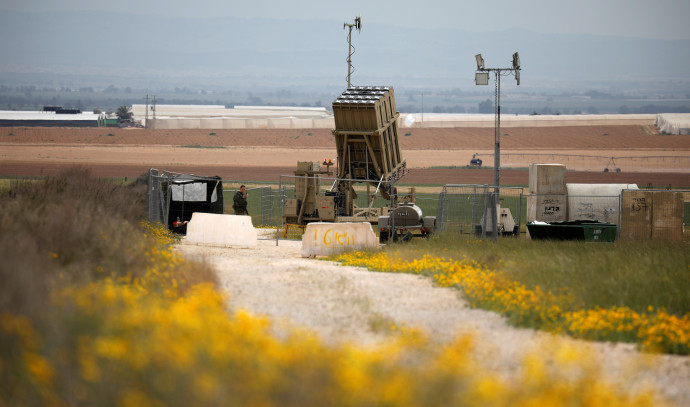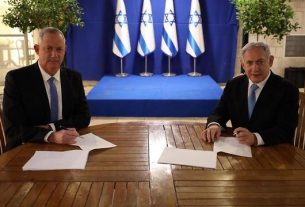In an unprecedented legal proceeding, the American government opened an investigation into Finkelstein Metals and is examining the government’s conduct, Maariv reported Wednesday morning. According to the American authorities, grants received by the company due to activities in a development zone constitute a prohibited government subsidy, and they allowed the company to sell its products in the US at inflated prices. The decision to open the investigation and sanctions against Finkelstein has puzzled Israeli officials.
The scope of Finkelstein’s activities in the US is minimal compared to the American complainants, and it holds less than 3% of the market share in the US. However, this is about 75% of its sales volume. The American administration’s claim also contradicts the trade agreement between the two countries, which has existed for decades.
Imposition of sanctions
Sanctions and customs duties have already been imposed on the company, which significantly impair its ability to operate regularly and may endanger the supplies required for the defense industry, such as the Iron Dome. As a result, the Foreign Affairs Ministry and the Association of Manufacturers entered the picture.
In the past, a lawsuit was filed against Dead Sea factories for over-the-top exports, which was ultimately rejected. In an ironic twist, the same parties suing Finkelstein previously defended the Dead Sea factories. Ron Tomer, the President of the Manufacturers’ Association, contacted the relevant authorities in the Economy Ministry and warned of the unusual situation that could lead to damage to other companies.
According to Tomer: “This is an unfounded lawsuit, which may lead to the closure of the factory. If this case is successful, it may harm other Israeli companies and is contrary to existing trade agreements.”
Finkelstein’s production
Finkelstein is defined as an essential enterprise for the industry and is the only Israeli company that produces brass, bronze, and copper alloy products. It employs 80 workers from the northern region, and its products are used by defense companies. The company operates in the Alon Tavor industrial zone near Afula.
The company is Rafael’s sole supplier of metal bars for the purpose of producing ammunition for Iron Dome batteries. The company is controlled by the family, but about a decade ago, half of its shares were purchased by Leader Investments, owned by Dan David’s heirs, for NIS 25 million.
Potential effects on trade relations
The precedential investigation procedure could have a dramatic impact on the entire trade relationship between Israel and the US and have broad implications for Israeli exporters to the US, including the defense industry.
Government benefits for industrial plants in development areas are often a necessary condition for the establishment of the plants. If the American government does decide that benefits of this type constitute a prohibited subsidy and therefore require the imposition of customs duties on the products exported to the US, this could lead to a wave of additional lawsuits by Israeli exporters to the US.
US sanctions on Israelis and Israeli firms are becoming more familiar, as it was recently announced that the US imposed sanctions on settlers who attacked Palestinians, and as a result, their bank accounts were restricted. As these new policies become realities for Israel, there may be deeper implications for Israel’s economic sphere.




